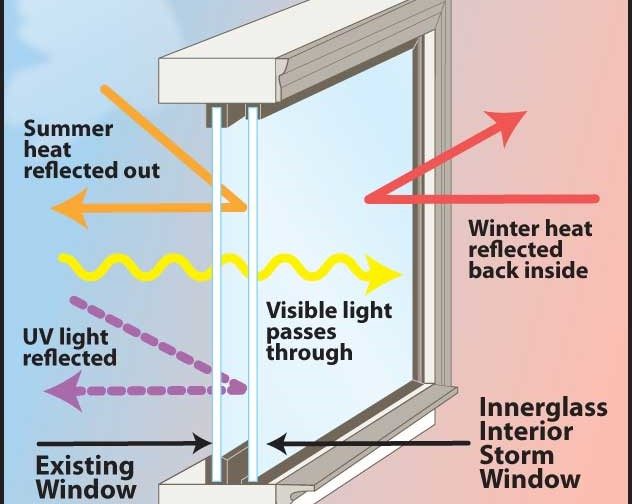All Categories
Featured
Table of Contents
Double Glazed Windows: A Complete Guide in Swan View WA
That window can send more solar heat in winter season than in summer season. A west-facing window on a summer season's afternoon has an angle of incidence from near 0 as much as 30 with a big efficient location of solar radiation. A north-facing window, in summer, has a high angle of occurrence and a low efficient area of solar radiation, so can transfer less heat than a west-facing one.

You can quickly and easily improve the thermal efficiency of your home by changing your windows. This is one of the most efficient approaches of renovation to accomplish enhanced thermal convenience. There are countless kinds of glass and frames to pick from. Selecting the ideal ones is essential to enhancing the energy efficiency of your house.
The Science Behind Double Glazed Windows in Middle Swan WA
There are several types of glass items to pick from. Single glazing uses a single pane of glass. Single glazing with clear glass is not extremely effective when it pertains to heat loss or gain. To improve efficiency, you can utilize single glazing with a more energy-efficient type of glass such as low emissivity (low-e) glass.
The energy performance of IGUs likewise depends on: the properties of each layer of glass. Different glass types (for example, clear and low-e glass) can be put together in an IGU.
How To Retrofit Your Windows With Double Glazing, And Keep ... in Girrawheen WA

IGU cavities can be filled with air or a more inert, low-conductivity gas such as argon the width of the cavity. Broader cavities offer lower (much better) U values, with 12mm normally accepted as the favored gap how well the cavity is sealed.
If argon is set up to the cavity in place of air, wetness is dependably excluded the level of desiccant (drying agent). The spacer (metal or polymer strip) that separates the glass layers contains a desiccant to take in any wetness. Inadequate desiccant might cause wetness to condense on the glass surface area in cold conditions, lowering thermal efficiency.
Carnegie 3163, Vic. Amazing Service By Aps Double Glazing in Perth CBD Perth
IGUs can deliver much better energy efficiency for all environments, especially in heated and air-conditioned houses. Cross-section detail of single, double and triple-glazing systems Low emissivity glass (frequently called low-e glass) lowers heat transfer. Low-e glass might be either high or low transmission: High transmission low-e glass has a coating that enables daytime from the sun to pass into the home to attain good solar heat gain, however decreases the quantity of the long wavelength infrared heat that can get away back through the window.
Low-e glass has either a pyrolytic covering or a vacuum-deposited thin movie metal finishing. Pyrolytic finishes are resilient and can be used for any glazing; vacuum-deposited coverings are soft and are only utilized within IGUs. Low-e finishes can substantially improve both U value and SHGC; nevertheless, they need to be used correctly or they will either degrade or stop working to carry out as required.
Which Type Of Double Glazed Window Frame Is Right For You? in Ferndale Perth
Low-e finishes can be utilized in combination with clear, toned or reflective glass. Low-e coatings on glazing can decrease heat transfer where required Photo: Department of Industry, Science, Energy and Resources Toned glass has colouring ingredients included during manufacture. It is readily available in numerous colours, normally bronze, grey, blue and green.
Table of Contents
Latest Posts
Sustainability in Bassendean Perth
Climateframe Double Glazing: Perth's Double Glazed ... in Subiaco Western Australia
4 Benefits Of Double Glazed Windows In The Summer in Murdoch Western Australia
More
Latest Posts
Sustainability in Bassendean Perth
Climateframe Double Glazing: Perth's Double Glazed ... in Subiaco Western Australia
4 Benefits Of Double Glazed Windows In The Summer in Murdoch Western Australia